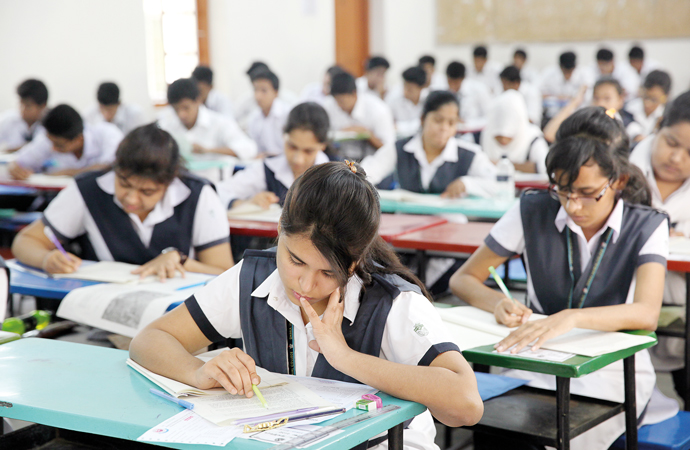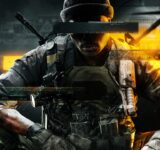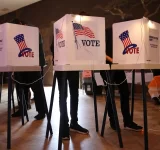With the results of the Higher Secondary Certificate Exams out, most HSC examinees have already started preparing for university admission tests. These are the most important board exams one takes as part of the Bangladeshi Curriculum. The glorification intensifies to the point where a student’s social worth and self esteem depends on these results.
Throughout 12 years of formal education, public exams are seen as a milestone in one’s life. The entire locality finds out if someone is sitting for a public exam by the end of the year. There are nosy neighbours, relatives, acquaintances and practically everyone in the social periphery, eager to learn how someone’s child has performed in public exams and whether or not they have scored a GPA of 5; this is the season where every tea table turns into a marketplace of trading news and gossip about others’ children. No matter how shallow this sounds, the examinees are programmed to believe that these opinions are somehow going to determine their position in their social circle and God forbid, if their fails to support them, they seem to take a leap between life and death.
A Breakdown of the curriculum
Getting a GPA 5 means that you got the best possible marks in the exam. The problem with this is that almost 90% of the students usually get GPA 5. Questions are prepared in the same standard and the test-papers are checked in the same scale throughout the country. Each examiner needs to check over 3000 copies over the span of a week (some get even less). All these examiners care for is getting the job done, so they don’t even go through every individual copy; they’re marked according to the neatest handwriting and the thickest answer piles.
This condescending method is not necessarily the “norm” per se, but due to a lack of caution, it often becomes discriminatory to the fraction of students whose copies end up in the hands of more ethical examiners who read through the lines before grading. Which means, a lot of the candidates’ results depend not solely on their abilities, but on their luck as well.
Furthermore, the syllabi provided for these exams are vast and confusing.
The topics to be covered in each subject are predefined by the education ministry, but the books usually contain significantly less content, something that has been going on at large due to minimal supervision. It is just not possible. Furthermore, most of these books do not even get accredited by the National Curriculum Textbook Board, because in order to get an NCTB accreditation, the book needs to stick to a given page limit. This means that the books that get accredited for the exams contain even fewer topics, and the books are therefore incompetent in meeting the students’ needs.
The Dreaded Experience
Although these accounts feel exaggerated because, intuitively, it would seem that if any of this is true, no student should be able to pass- but it’s not. Four sets of questions are made every year per subject and the exam is usually held on the easiest one. Furthermore, certain questions are always repeated. This means that regardless of your abilities, you will always score higher than a specific margin (unless you are terribly unfortunate).
The invigilators, although serious, are corruptible. Connections are very important in the exam hall. Parents usually exploit power so that their children can be more comfortable in the exam hall. This includes, but is not limited to influencing lax invigilation. And because it is not too difficult to find connections everywhere in this tiny country, the etiquettes of the exam halls are almost never maintained.
During my own HSC exam, a boy openly asked for another girl’s script who was in the same room. The invigilator snatched away her script and handed it over to the boy. Nobody seemed to be hearing the girl’s sobs.
Last but not the least: question leaks. Until two years ago, question leaks had been an open secret when it came to public exams. Each of the test questions were available at least one hour prior to the exam. Since only a handful of five or six individuals get to handle the questions, and the questions always come sealed, catching the culprits responsible was never really an issue. The only reason we never hear of anyone getting punished is perhaps that the government is more intent on maintaining a clean slate so that the statistics always show a stable edge on our literacy growth.
Furthermore, given the large number of students looking for higher studies in local universities, and for the lack of a better metric, local universities often check a benchmark public exam GPA before allowing students to sit for admission tests. This means that no matter how able and dedicated you are, if you sat on the wrong side of the table during your public exams, chances are that you will need to give up on trying to get into the university of your dreams.
This is a cycle that has been going on for decades. It destroys the potential of our student-base and poses an active threat to personal development. Everyone realizes that our education system has already destroyed the essence of education, but the system keeps them too busy to ever raise their voice. The cycle continues, and we force more and more able individuals to their destruction every year. Our parents, unfortunately, seem to have forgotten about this side of the story; somehow validation is all that matters to them, and that comes from a certain GPA attainment. Nevertheless, we are all literate, per se, but not educated.






















